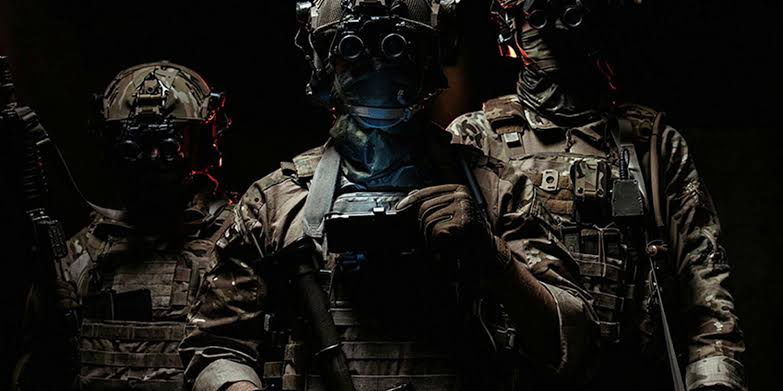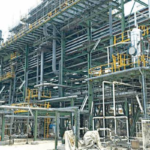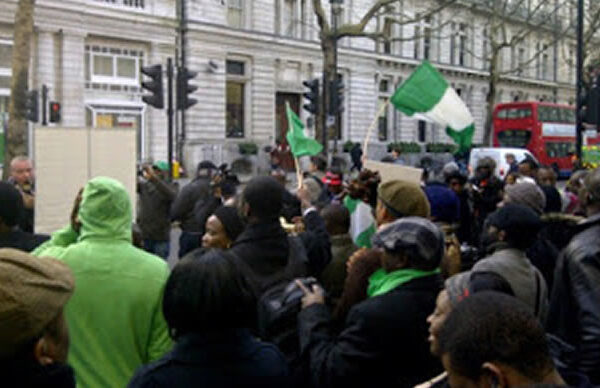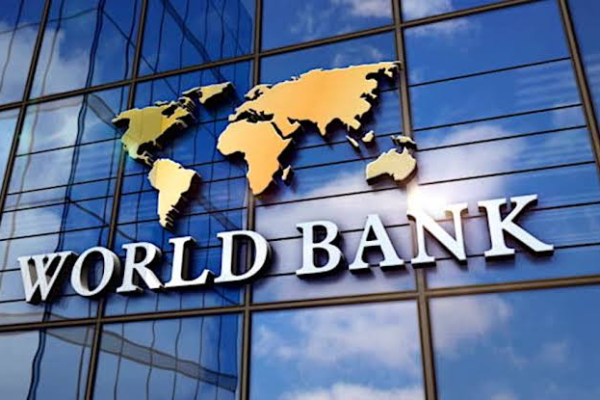REVEALED: British Special Forces Conducted Secret Missions in Nigeria and 18 Other Nations over 12-Year Span
British Special Air Service (SAS) and other European special forces have been conducting covert operations in Nigeria and 18 other countries over the past 12 years, according to recent research findings. Notably, in 2012, a failed rescue attempt by SBS commandos was made to free a British and Italian hostage held by an Islamist group in Nigeria.The SAS, known for its secretive operations, has been active in countries such as Algeria, Estonia, France, Oman, Iraq, Kenya, Libya, Mali, Cyprus, Pakistan, Somalia, the Philippines, Russia, Syria, Ukraine, Yemen, and most recently, Sudan. In Mali, UK Special Forces provided non-combat support during French military actions against jihadi groups, while also offering training to soldiers from Nigeria, Morocco, and Cameroon. Additionally, they have been involved in collecting intelligence threat assessments to address the escalating instability in the Sahel region.Although UK ministers do not publicly acknowledge these operations, leaks from the media have enabled Action on Gun Violence, a research organization, to compile a comprehensive list of the special forces’ activities since 2011. The absence of official certification from government officials raises questions about the frequency with which the Prime Minister and Defense Secretary deploy SAS, Special Boat Service, and Special Reconnaissance Regiment personnel on perilous missions, often outside of declared war situations.The special forces’ involvement in Syria has been particularly notable, with reports suggesting their entry into the country in 2012 to support rebel groups opposing President Bashar al-Assad. They were also purportedly deployed in 2013 to identify military targets ahead of a proposed bombing campaign, a plan that was ultimately rejected by Members of Parliament.Due to their emphasis on secrecy, it was revealed that Matt Tonroe, an SAS member, was officially identified as a member of the Parachute Regiment following his death in Syria in 2018. Subsequently, it was discovered that he had been killed by a grenade from his American colleague, not an improvised explosive device.While the United Kingdom is not officially involved in the conflict, leaked Pentagon documents earlier this year disclosed the presence of 50 UK special forces members in Ukraine. The US and France were also mentioned, with their troop numbers listed as 14 and 15, respectively, although the exact objectives remained undisclosed.Despite the lack of oversight, as special forces can be deployed without parliamentary consent and are not subject to investigations by parliamentary committees, tradition dictates that Members of Parliament should vote to authorize any acts of war. The absence of such democratic processes has raised concerns about transparency and accountability.Iain Overton, the executive director of AOAV, expressed serious concerns about the extent of Britain’s special forces’ deployment in various countries over the past decade, emphasizing the need for transparency and democratic oversight. The AOAV’s report, titled “Britain’s Special Forces on Service in at Least 19 Countries Since 2011,” highlighted the absence of parliamentary approval and retrospective reviews for these missions, which is deeply troubling.In March, a public inquiry into allegations that the SAS carried out 54 summary executions in Afghanistan between 2010 and 2011 commenced. These alleged executions occurred during night raids when individuals were taken from their families and fatally shot multiple times after being accused of possessing a weapon.Following the outbreak of violence in Sudan in April, special forces played a crucial role in evacuating two dozen British diplomats and their families to a secure airfield north of the capital, protecting them from potential attacks. The military effort, commended by the current Defense Secretary Ben Wallace, involved troops from the Royal Marines, the Royal Air Force, and the Parachute Regiment, but did not mention the participation of special forces.Special forces regularly engage in extractions and hostage rescues. In 2019, UK special forces assisted in the successful release of a couple held captive in the Philippines, having provided preparation and training to the country’s military. In a similar incident in 2012, a group of SBS commandos attempted, but unfortunately failed, to rescue a British and Italian hostage held by an Islamist group in Nigeria.The most recent mention of SAS members in the media was in 2014 when a tabloid reported their presence at the Sochi Winter Olympics, providing security for British athletes.












